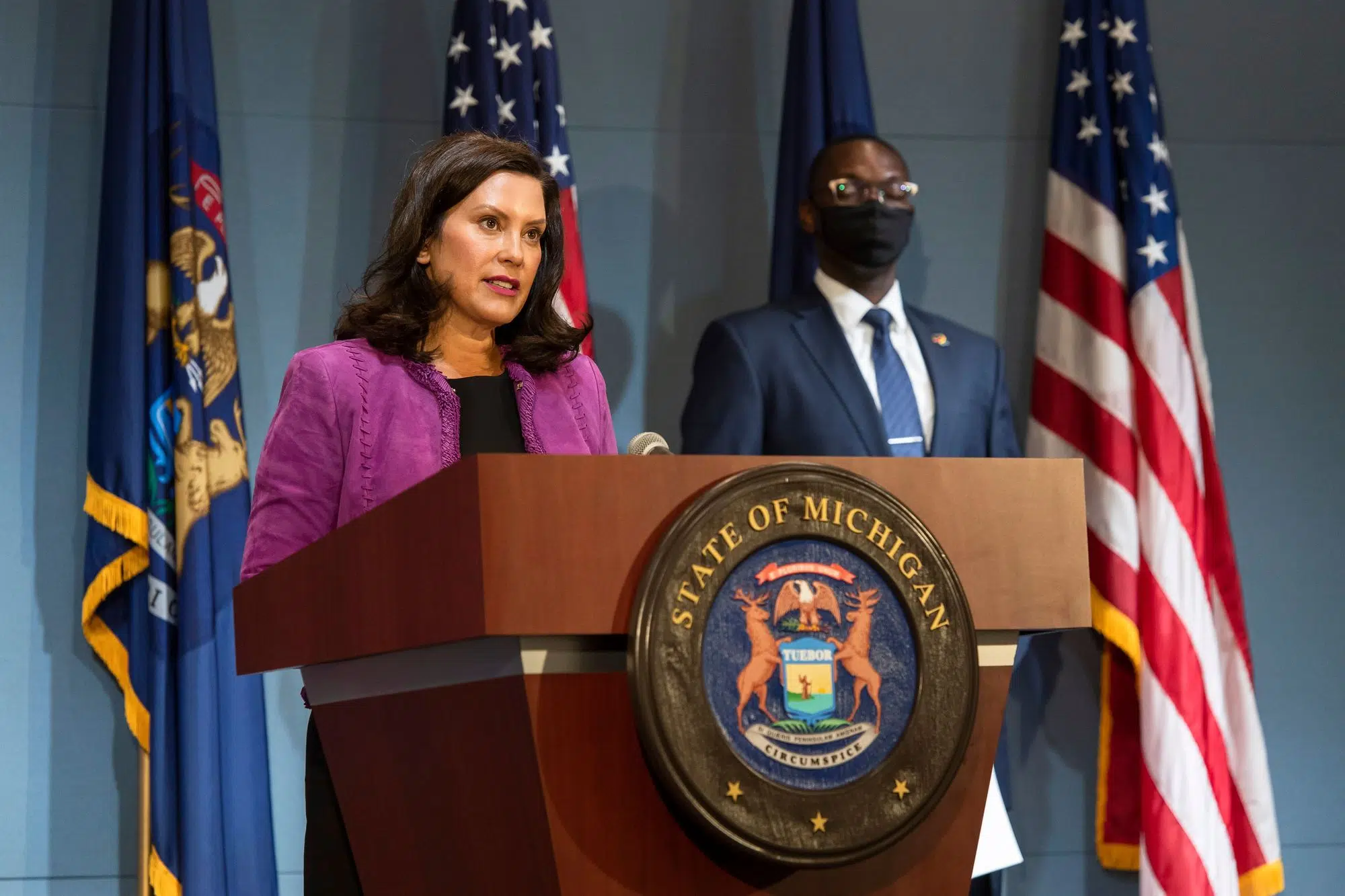Governor Whitmer issues order to combine senior services programs
[ad_1]
Governor Gretchen Whitmer today signed OÉ 2021-14 To establish the Health and Aging Services Administration within the Michigan Department of Health and Human Services (MDHHS). The newly created agency will provide more coordinated services to Michigan’s growing aging population by combining the former MDHHS Aging and Adult Services Agency and the Medical Services Administration under one roof within the MDHHS. The Michigan Medicaid office is also part of the new Health and Aging Services Administration.
“Michigan’s seniors deserve to be treated with dignity and respect and by dedicating resources at the state level we can ensure they have the resources they need to have a secure retirement, access to high quality health care, accessible and affordable housing, and more, “mentioned Governor Whitmer. “The Michigan Department of Health and Human Service’s new Health and Aging Administration will remain focused on helping aging adults coordinate effectively across agencies and departments to make lasting change and do things that do. a real difference in people’s lives. “
The new Health and Aging Services Administration will retain current staff positions, ensure greater collaboration, and make the delivery of MDHHS programs and services to aging adults simpler and more efficient.
“Long-term care policy will now come from a coordinated area of ​​the MDHHS,” said Kate massey, who was chosen to be the senior deputy director of the new administration and who previously held the same role in the administration of medical services. “We expect these changes to result in smoother transitions across the continuum of care, including for seniors who prefer to age at home. Serving our aging population is a crucial part of the work of MDHHS.
Michigan has more than 2 million adults over the age of 60, or nearly 25% of the state’s population. Michiganders 85 and over remains the fastest growing age group, and 37% of Michigan residents are 50 and over.
The change allows for increased coordination between aging service teams in local communities and internal employees who are responsible for policy development, as well as better analysis of processes and outcomes, and increased capacity across programs. and services.
“These changes in our structure will lead to a better plan for the aging Michiganders, and they are based on the suggestions of those we serve,” said Director of MDHHS Elizabeth Hertel. “While not a service overhaul, this change is important because it will improve service delivery and ensure alignment with our values. Our clients who benefit from our Adult and Aging programs will appreciate a stronger connection with our Medicaid services. “
Long-term support services have been provided in several areas of the MDHHS, making coordination difficult. The change will address these challenges by:
- Provide additional capacity to serve the intentions of seniors who prefer to age in place – defined by the CDC as “the ability to live in one’s own home and community safely, independently and comfortablyâ€.
- Acceleration of service delivery.
- Align with long-term care support and services to community services through the federal Older Americans Act; the MI Choice Waiver program which allows eligible aging adults to receive Medicaid-covered services such as those provided by nursing homes, but can stay in their own home or other residential setting; and the All Inclusive Care Program for the Elderly (PACE) which provides Medicaid and Medicare funding to frail seniors who meet the criteria for long-term care.
- Make the Bureau of Medicaid Long-Term Care Services and Support responsible for programs associated with the Older Michiganians Act overseen by the administrator of the new administration.
- Transfer from Michigan Service Commission to the Elderly and Adult Community Placement Program from the former Elderly and Adult Service Agency to the MDHHS itself.
“Better aligning aging and Medicaid services is a big step forward for Michigan seniors, people with disabilities and their families,†said Marianne Udow-Phillips, Senior Advisor at the Center for Health Research and Transformation (CHRT) at the University of Michigan. “This new structure will help achieve the MDHHS longstanding goal of providing a continuum of care and integration of services. Bringing together the resources, vision and leadership of these two organizations will dramatically improve the work we do with MDHHS on their vision and strategy for long term care.
Coordination under the new administration allows Michigan to:
- Develop a comprehensive strategy to improve the health and well-being of Michigan’s aging population, aligning with the MDHHS goals of making Michigan an age-friendly state.
- Work to advance strategic goals and objectives quickly and effectively.
- Leverage federal, state and private funds to design interventions and supports that maximize impact.
- Streamline program requirements and develop complementary policies that ease the burden on providers, community organizations, and other stakeholders.
“We are delighted that Governor Whitmer and the MDHHS are further raising the needs of Michigan seniors and providing them with more robust services,” said Paula D. Cunningham, State Director of AARP Michigan. “These improvements are especially important as Michigan’s aging population continues to grow and many seniors want to continue living in their homes and communities as they age.”
For more information, visit the Health and Aging Services Administration website.
To view the entire decree, click on the link below:
[ad_2]

